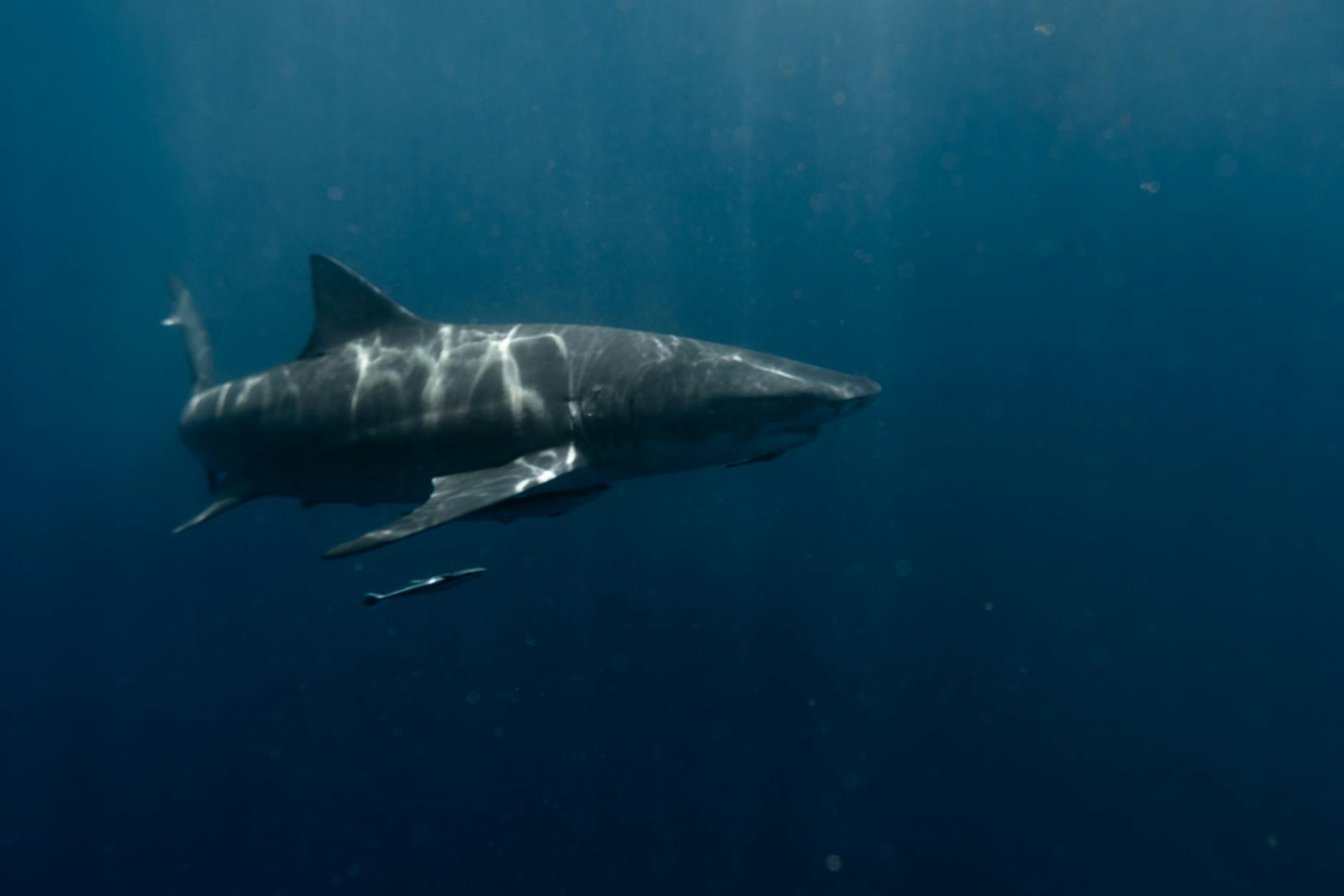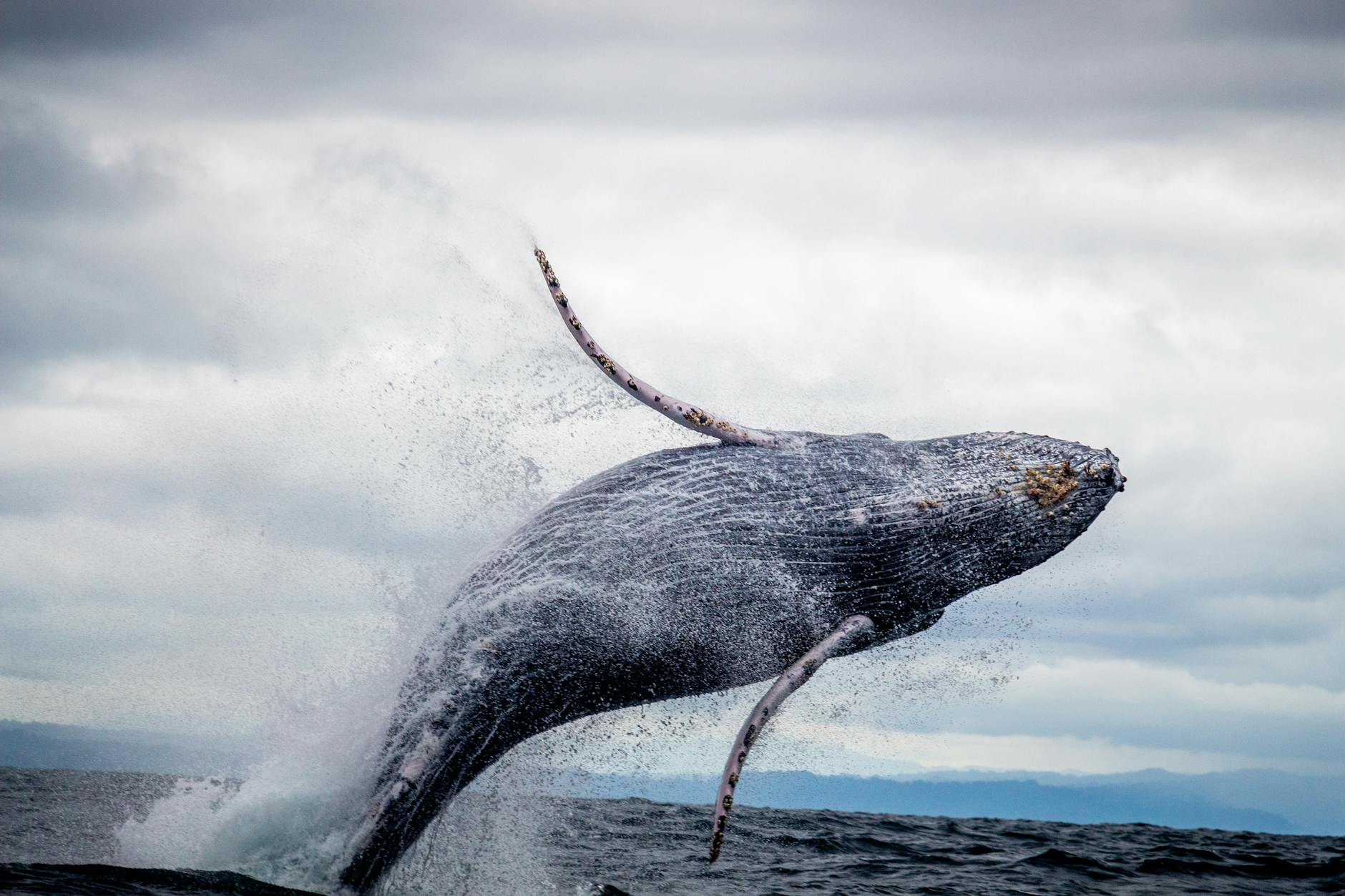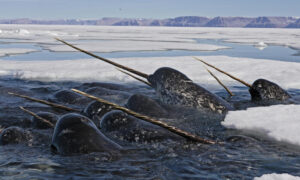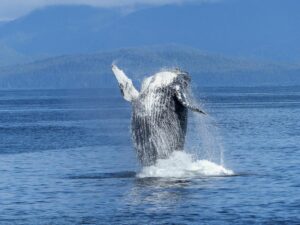The ocean is home to countless fascinating creatures, but few capture our imagination as powerfully as Killer Whale vs Great White Shark.
These two apex predators reign at the top of the marine food chain, and their occasional encounters spark debates about which species is truly dominant.
Let’s dive into an in-depth comparison of the killer whale (orca) and the great white shark, exploring their biology, behavior, and how they interact in the wild.
Who Rules the Ocean? Killer Whale vs Great White Shark
1. Understanding the Killer Whale (Orca)
Killer whales (Orcinus orca), belonging to the dolphin family, are intelligent, social mammals. They are found in oceans worldwide and are known for their complex social structures and cooperative hunting techniques.
Key Characteristics:
- Size: Adult killer whales can grow up to 32 feet long and weigh between 6 and 10 tons.
- Diet: Opportunistic feeders, killer whales eat fish, seals, squid, and even sharks.
- Social Behavior: They live in pods, which are family groups that communicate using distinct vocalizations.
- Hunting Strategies: Orcas are known for their intelligence and use coordinated tactics to hunt prey, often adapting their methods to the type of prey.
2. Understanding the Great White Shark
Great white sharks (Carcharodon carcharias) are solitary hunters known for their speed, stealth, and sharp teeth. These sharks are found in temperate coastal waters around the world.
Key Characteristics:
- Size: Great whites typically grow between 15 and 20 feet long and weigh up to 5,000 pounds.
- Diet: Their diet includes fish, seals, sea lions, and occasionally carrion.
- Sensory Superpowers: Equipped with electroreceptors, great whites detect electrical signals emitted by prey.
- Hunting Strategies: They rely on ambush tactics, often attacking from below with tremendous speed and force.
3. Head-to-Head: Killer Whale vs. Great White Shark
When comparing killer whales and great white sharks, several factors highlight their strengths and capabilities:
A. Intelligence
Killer whales are among the most intelligent marine animals. Their ability to learn, communicate, and strategize sets them apart. In contrast, great whites rely on instinct and experience rather than complex problem-solving.
Winner: Killer whale
B. Physical Strength and Size
While great white sharks are formidable predators, killer whales are significantly larger and heavier. Their size advantage gives them an edge in direct confrontations.
Winner: Killer whale
C. Hunting Techniques
Great whites rely on surprise attacks, but killer whales display advanced hunting strategies, including team-based attacks. Orcas have even been observed flipping sharks upside down to induce tonic immobility—a state of paralysis.
Winner: Killer whale
D. Social Structure
Killer whales thrive in pods, working together to hunt and protect each other. Great whites are solitary and lack the collaborative power of orcas.
Winner: Killer whale
E. Speed and Agility
Great whites can swim at speeds of up to 25 miles per hour, making them agile hunters. While killer whales are fast (up to 34 miles per hour), their bulk can sometimes limit agility.
Winner: Great white shark
4. Notable Encounters Between Killer Whale vs Great White Shark
In recent years, scientists have documented several interactions between killer whales and great white sharks, revealing the orca’s dominance.
The South African Incident
In the waters off South Africa, a pod of orcas was observed preying on great white sharks. Researchers discovered shark carcasses with missing livers a delicacy for killer whales. This event caused great whites to temporarily abandon the area, showcasing the orcas’ influence.

Monterey Bay, California
In 2019, a killer whale was seen attacking and killing a great white shark near Monterey Bay. The incident reinforced the orca’s status as a top predator.
5. Why Do Killer Whales Hunt Great White Sharks?
Killer whales don’t regularly hunt great whites, but when they do, the primary motivation seems to be the shark’s liver. Rich in fats and nutrients, a shark’s liver is an irresistible meal for orcas. This targeted predation demonstrates the orca’s intelligence and ability to exploit the shark’s vulnerabilities.
6. Impacts on Ecosystems
The interactions between these predators have ripple effects on marine ecosystems:
- Shark Populations: When killer whales hunt great whites, it can temporarily reduce shark activity in the area.
- Seal Populations: With great whites driven away, seal populations may rise, impacting local fish stocks.
- Marine Dynamics: The presence of killer whales can shift the balance of power in marine food webs.
7. Conservation and Human Perspectives
Both killer whales and great white sharks face threats from human activities:
- Killer Whales: Habitat degradation, pollution, and declining prey availability threaten orca populations.
- Great White Sharks: Overfishing, bycatch, and shark finning are major concerns for great white conservation.
Protecting these apex predators is essential for maintaining healthy marine ecosystems. Public fascination with their rivalry can be leveraged to promote conservation efforts.
8. The Verdict: Killer Whale vs. Great White Shark
While both animals are apex predators, killer whales consistently emerge as the dominant species in direct encounters. Their intelligence, size, and cooperative behavior give them a significant advantage over solitary great white sharks.
However, this rivalry underscores the beauty and complexity of marine life rather than diminishing the greatness of either species. Both play crucial roles in their ecosystems and command respect for their unique adaptations and behaviors.
Conclusion
The battle between Killer Whale vs Great White Shark is a testament to the raw power of nature. While killer whales are the clear winners in direct confrontations, great white sharks remain formidable predators in their own right.
Understanding these magnificent creatures helps us appreciate the intricate balance of marine ecosystems and the need to protect our oceans.
What are your thoughts on this legendary rivalry? Share your opinions in the comments below!



